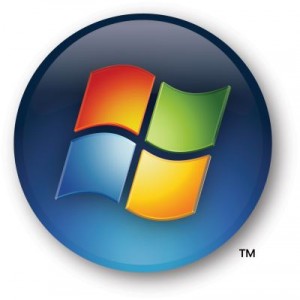I don’t know how I missed this story but I did. A few years ago I remember how Rambus Ram was cornering the Intel desktop market by now allowing anyone to compete for selling ram by using there patents and relationship with Intel to sell RAM at high high prices.
The original Pentium 4 motherboards would only use Rambus ram and I know that the high prices led me to start using AMD processors and DDR Ram instead. And. I have never looked back. Now I was just looking through the August news releases by the Federal Trade Commission and see that they called the cornering of the market by Rambus illegal. I guess it is OK in the end as Intel did get punished by losing lots of market share to AMD. Here is some of the news release from the FTC…
By a unanimous vote, the Federal Trade Commission has determined that computer technology developer Rambus, Inc. unlawfully monopolized the markets for four computer memory technologies that have been incorporated into industry standards for dynamic random access memory – DRAM chips. DRAMs are widely used in personal computers, servers, printers, and cameras.
In an opinion by Commissioner Pamela Jones Harbour, the Commission found that, through a course of deceptive conduct, Rambus was able to distort a critical standard-setting process and engage in an anti competitive hold up of the computer memory industry. The Commission held that Rambus’s acts of deception constituted exclusionary conduct under Section 2 of the Sherman Act and contributed significantly to Rambus’s acquisition of monopoly power in the four relevant markets. The Commission has ordered additional briefings to determine the appropriate remedy for the substantial competitive harm that Rambus’s course of deceptive conduct has inflicted.
In June 2002, the FTC charged Rambus with violating federal antitrust laws by deliberately engaging in a pattern of anticompetitive acts to deceive an industry-wide standard-setting organization, which caused or threatened to cause substantial harm to competition and consumers. The Commission complaint alleged that Rambus participated in the Joint Electron Device Engineering Council (JEDEC), a standard-setting organization that maintained a commitment to avoid, where possible, the incorporation of patented technologies into its
published standards, or at a minimum to ensure that such technologies, if incorporated, will be available to be licensed on royalty-free or otherwise reasonable and non-discriminatory terms. According to the FTC complaint, Rambus nonetheless participated in JEDEC’s DRAM standard-setting activities for more than four years without disclosing to JEDEC or its members that it was actively working to develop, and possessed, a patent and several pending patent applications that involved specific technologies ultimately adopted in the standards.The charges were litigated in an administrative trial. In February 2004, the charges were dismissed in an initial decision and order by Chief Administrative Law Judge Stephen J. McGuire, who ruled that Complaint Counsel have failed to sustain their burden to establish liability for the violations alleged. Complaint counsel – FTC staff – appealed the decision to the Commission, which today issued its opinion overturning the ALJ’s decision.




